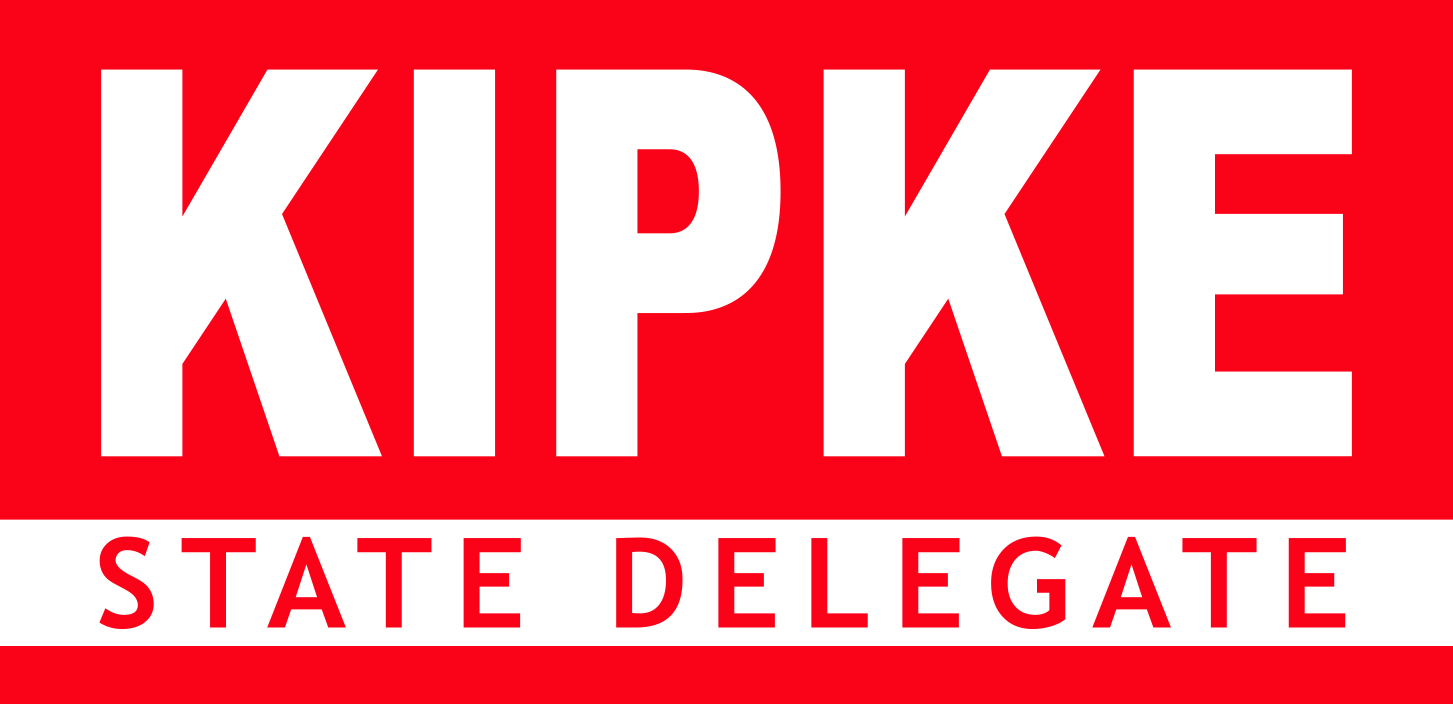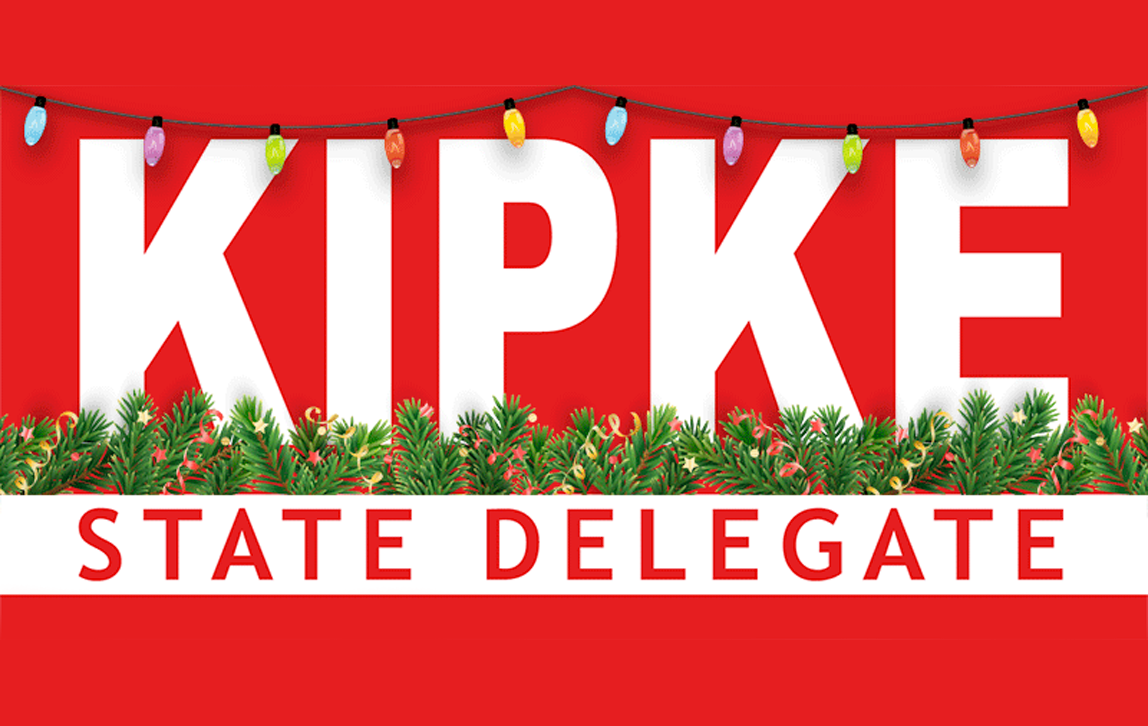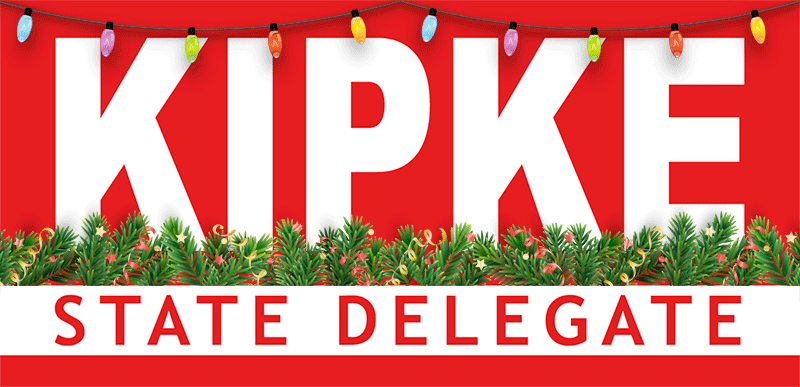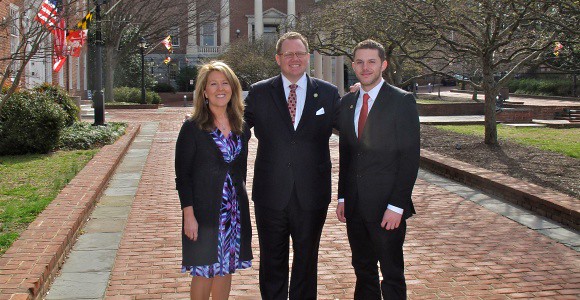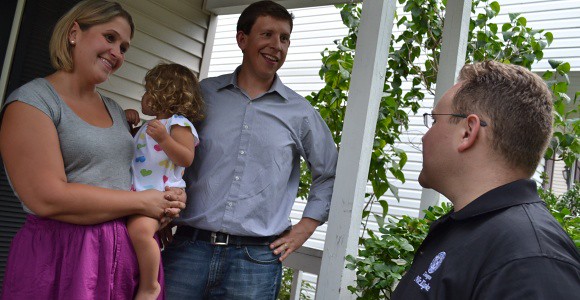Each legislative session during January – April I have the opportunity to hire college students for work in my office at the General Assembly. The student earns college credit and receives an insider’s look at the legislative process. If you are interested or might know of anyone who would please have them contact me at nicholaus.kipke@house.state.md.us
Additional information:
The General Assembly’s Legislative Intern Program offers approximately 100 of Maryland’s college and university students the opportunity to provide research and staff assistance to legislators during each session and to have both an educational and practical work experience in the Legislative Branch of State government. Upon acceptance into the program, students interview for placement with legislators, committees, or caucuses of the Maryland General Assembly.
Students must be presently enrolled in a public or independent Maryland college or university are eligible to apply. Students must:
- Be at least 18 years of age;
- Have a minimum 3.0 cumulative grade-point average. (A student with a lower G.P.A. may participate in the program if recommended by the sponsoring professor and accepted by the Intern Office);
- Have proof of competency in college composition;
- Receive academic credit for the internship; and
- Be able to work in Annapolis at least two days each week during the 13-week legislative session.
Many of the interns are political science majors; however, students working toward degrees in other areas who are interested in learning firsthand about the process of State government are encouraged to apply.
Academic credits granted to interns by their colleges and universities range from three to 16, depending on the number of days per week the interns work in Annapolis and on the amount of additional academic work that is required by the sponsoring professors.
The type of work assigned to interns is mainly legislative, although some duties are clerical in nature. Legislative responsibilities may include:
- Conducting research;
- Drafting correspondence;
- Preparing, recording, and reporting testimony;
- Contacting witnesses;
- Attending committee hearings;
- Tracking bills;
- Working on mailings;
- Responding to constituent’s inquiries; and,
- Writing newsletters.
Each intern is awarded a stipend to help defray the costs of participating in the program. The total session stipend varies, depending on the number of days per week the intern works in Annapolis. To be eligible for the program, a student must be able to work a minimum of two full days each week of session.
- $600 per session = 2 days per week
- $700 per session = 2.5 to 3 days per week
- $1000 per session = 4 to 5 days per week
The General Assembly meets annually for a period of 90 calendar days, beginning the second Wednesday in January and continuing through early April. During the initial months, the busiest days are Tuesdays, Wednesdays, and Thursdays, with few or no committee hearings scheduled for Mondays or Fridays. Most legislators would like their interns to work the three days from Tuesday through Thursday or full-time. However, realizing the demands of college scheduling, the General Assembly accepts students who are able to work only two days per week.
Since the legislature does not take any holidays during its 90-day session, interns are required to commit themselves to a weekly work schedule and to take no holidays or spring break.
To apply, contact your college or university intern coordinator, career counselor, or department dean for an application. All placements are usually made during the fall semester, and applications should be received by the Maryland General Assembly Human Resources Office by October 31 with some exceptions. If you do not know the contact person for your college/university, contact:
Peggy Schmeltzer
Intern Coordinator
Human Resources Office
311 Legislative Services Building
90 State Circle
Annapolis, MD 21401-1991
Phone: 410-946-5124
Washington Area: 301-970-5124
Toll Free: 1-800-492-7122
